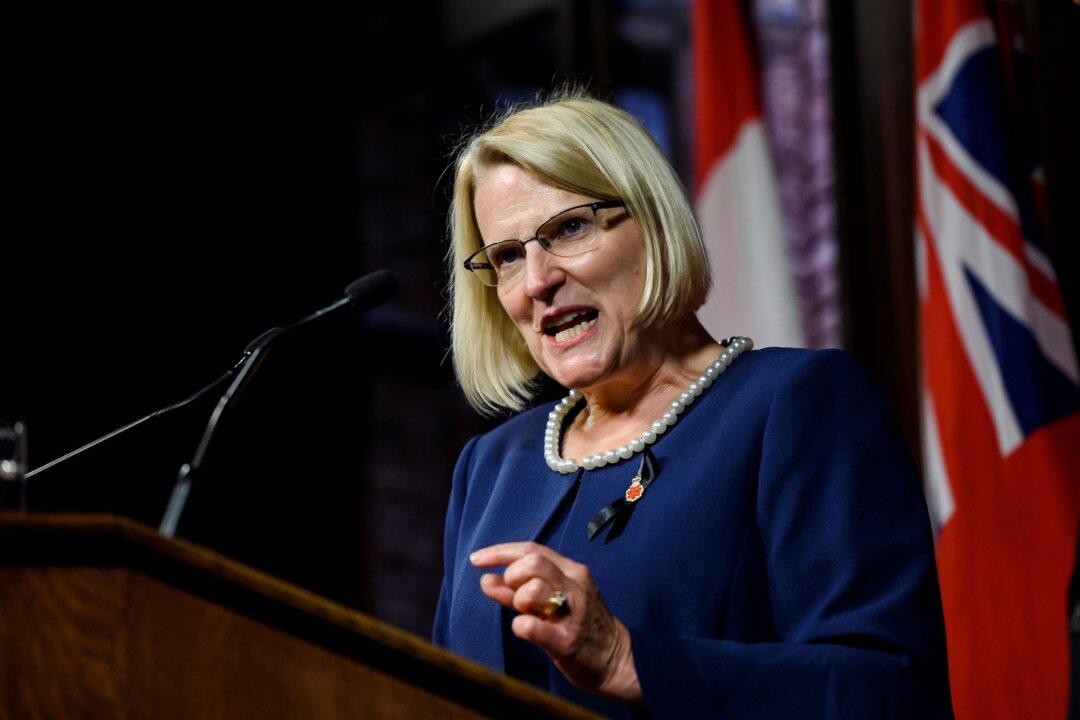The decision by the Ontario government to contract out more surgical services has been welcomed by some health experts who say a similar initiative in Saskatchewan reduced wait times and saved tax dollars.
Premier Doug Ford and Health Minister Sylvia Jones held a news conference Jan. 16 to announce that private clinics would receive more contracts to do cataract surgeries, hip and knee replacements, foot surgeries, and medical scans. The impetus is to reduce wait times, which soared during the pandemic and have not returned to 2019 levels. However, the premier also indicated that the approach will remain even after that benchmark has been met.





